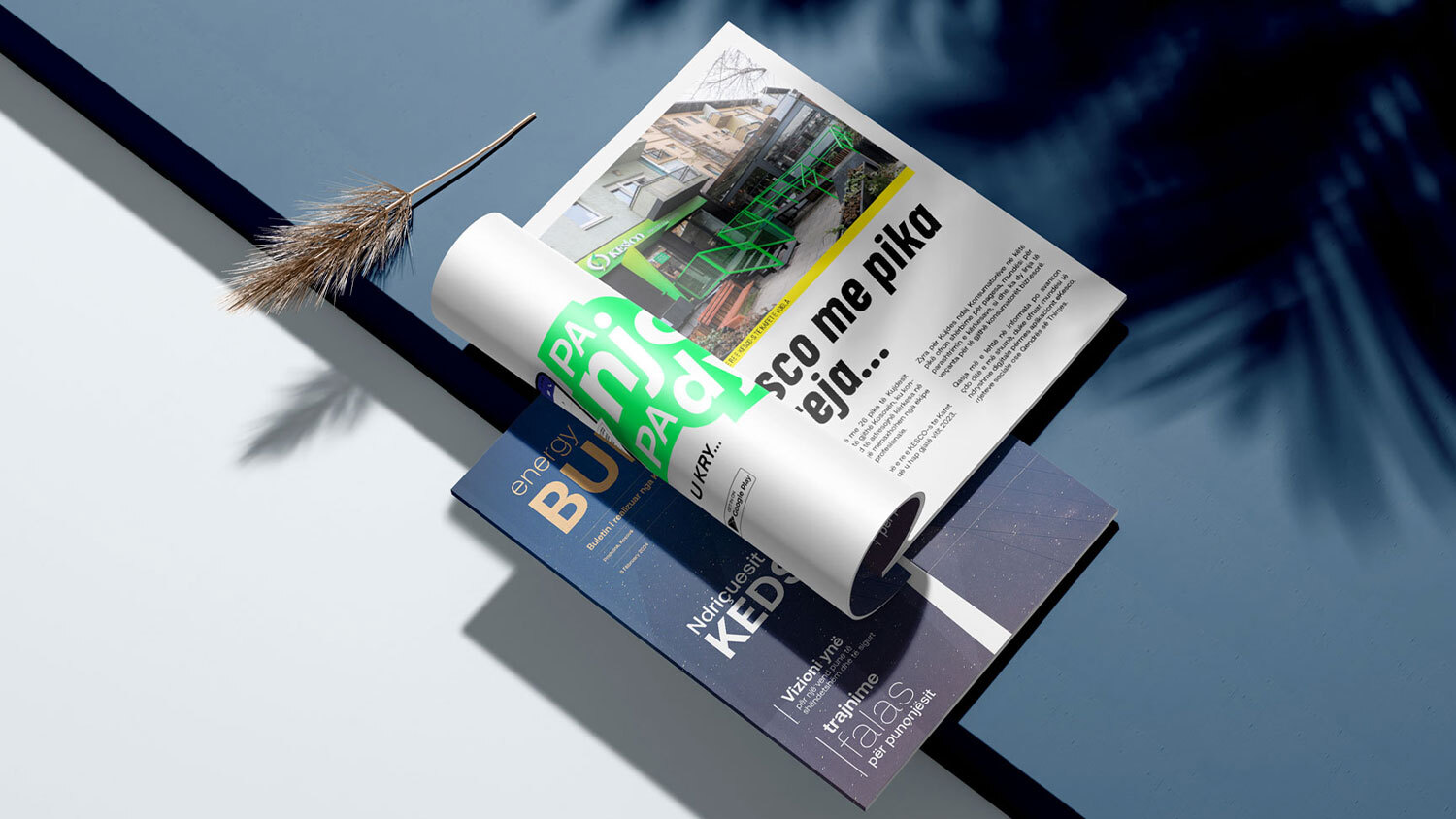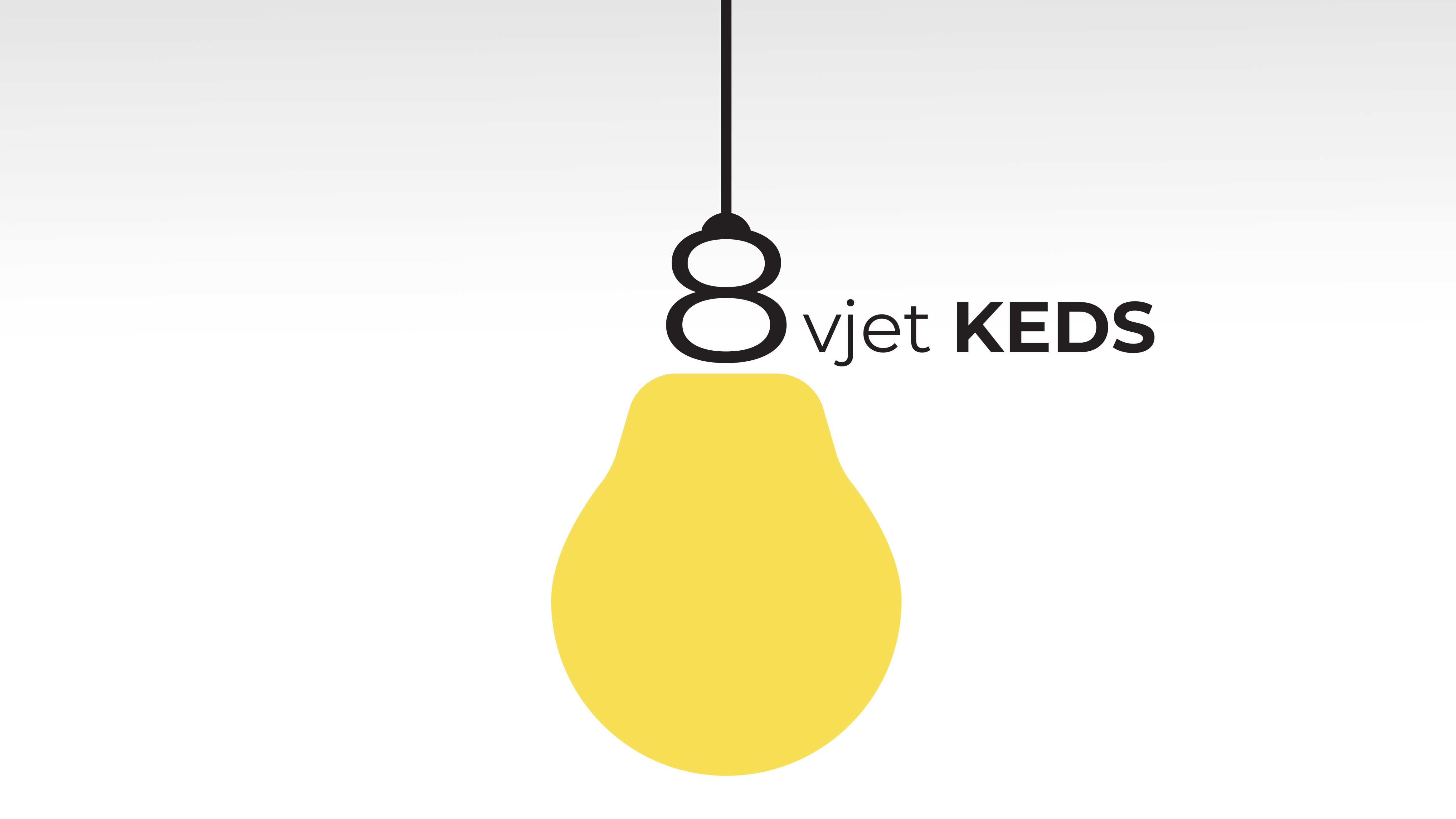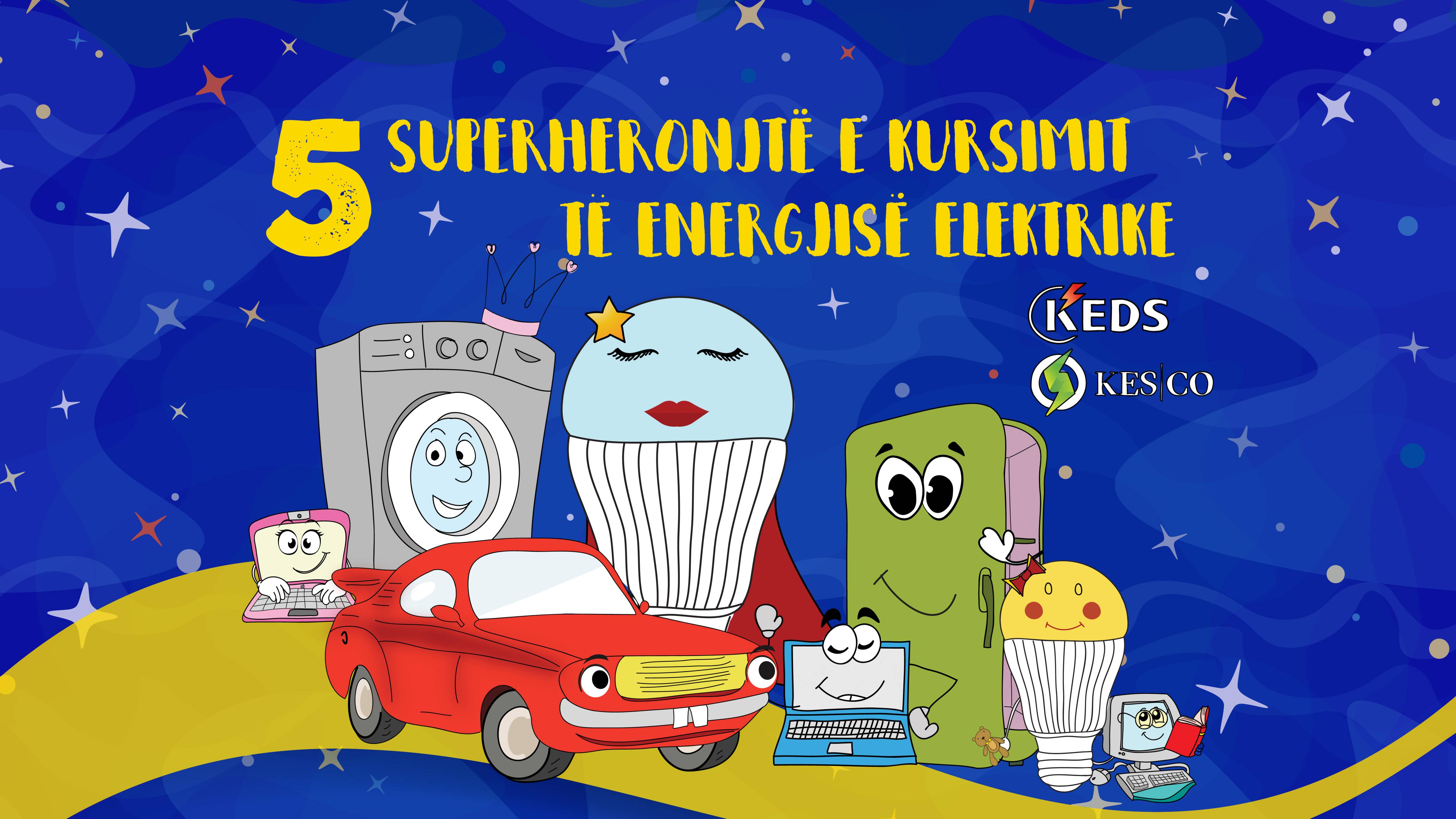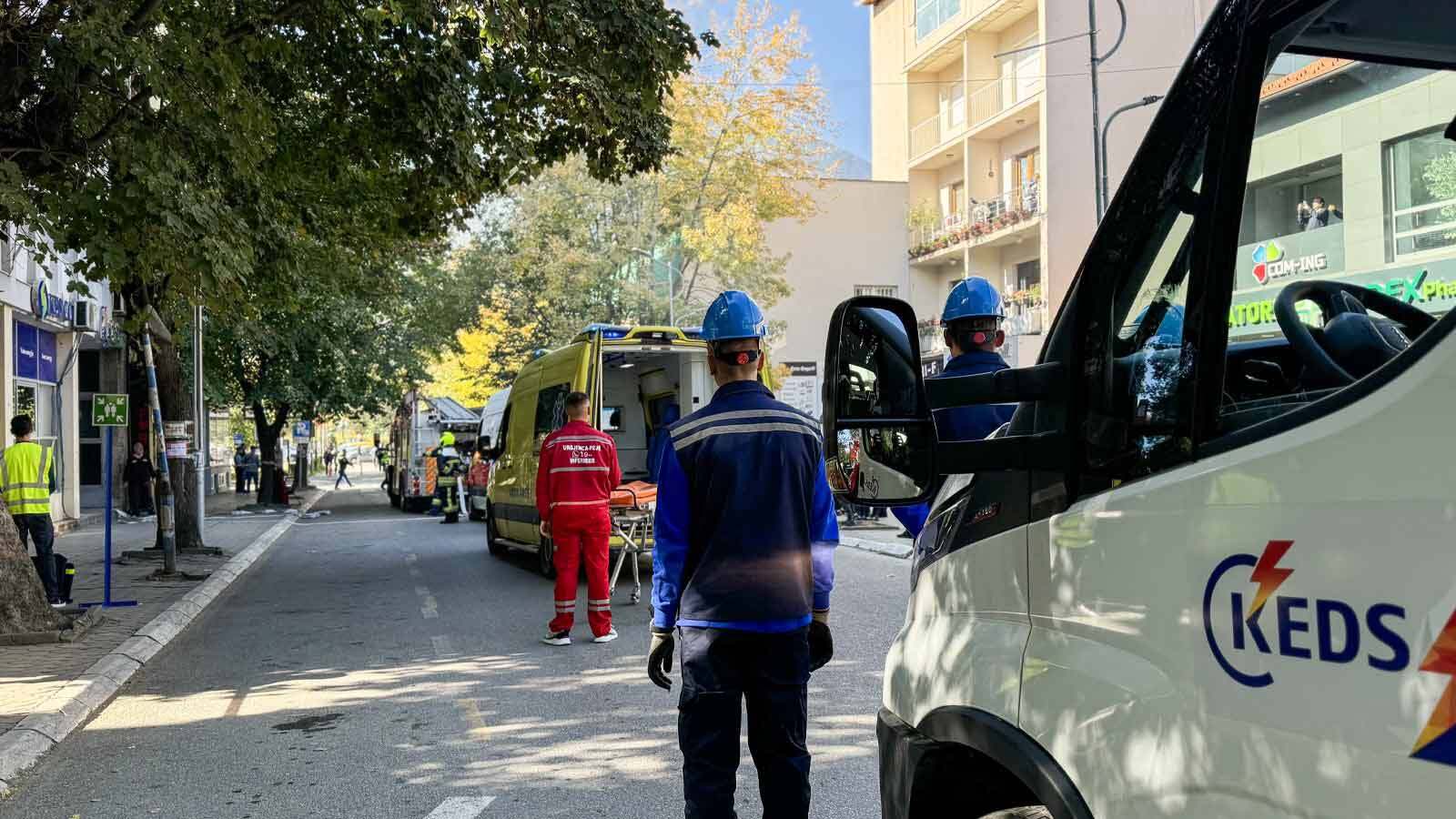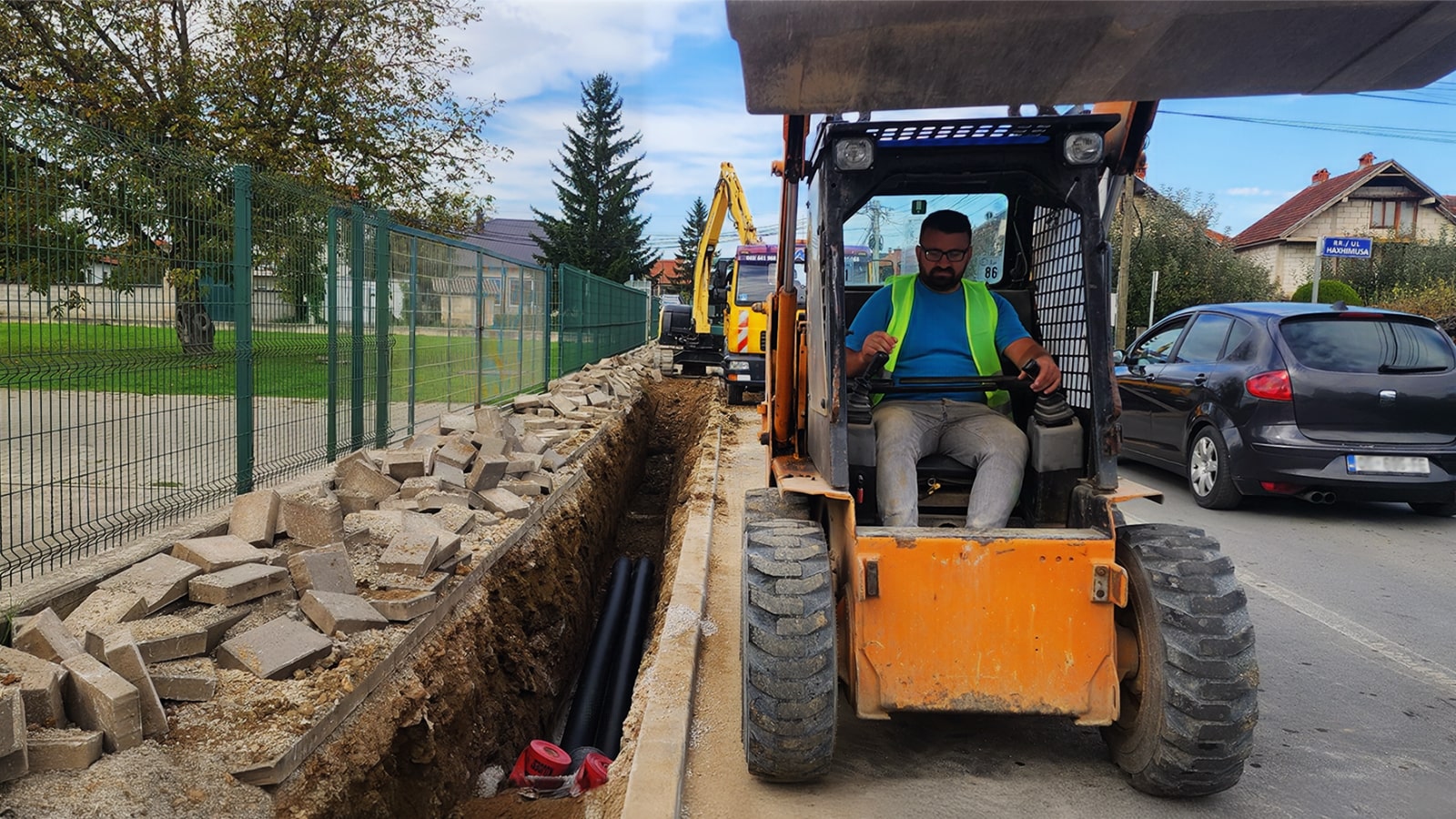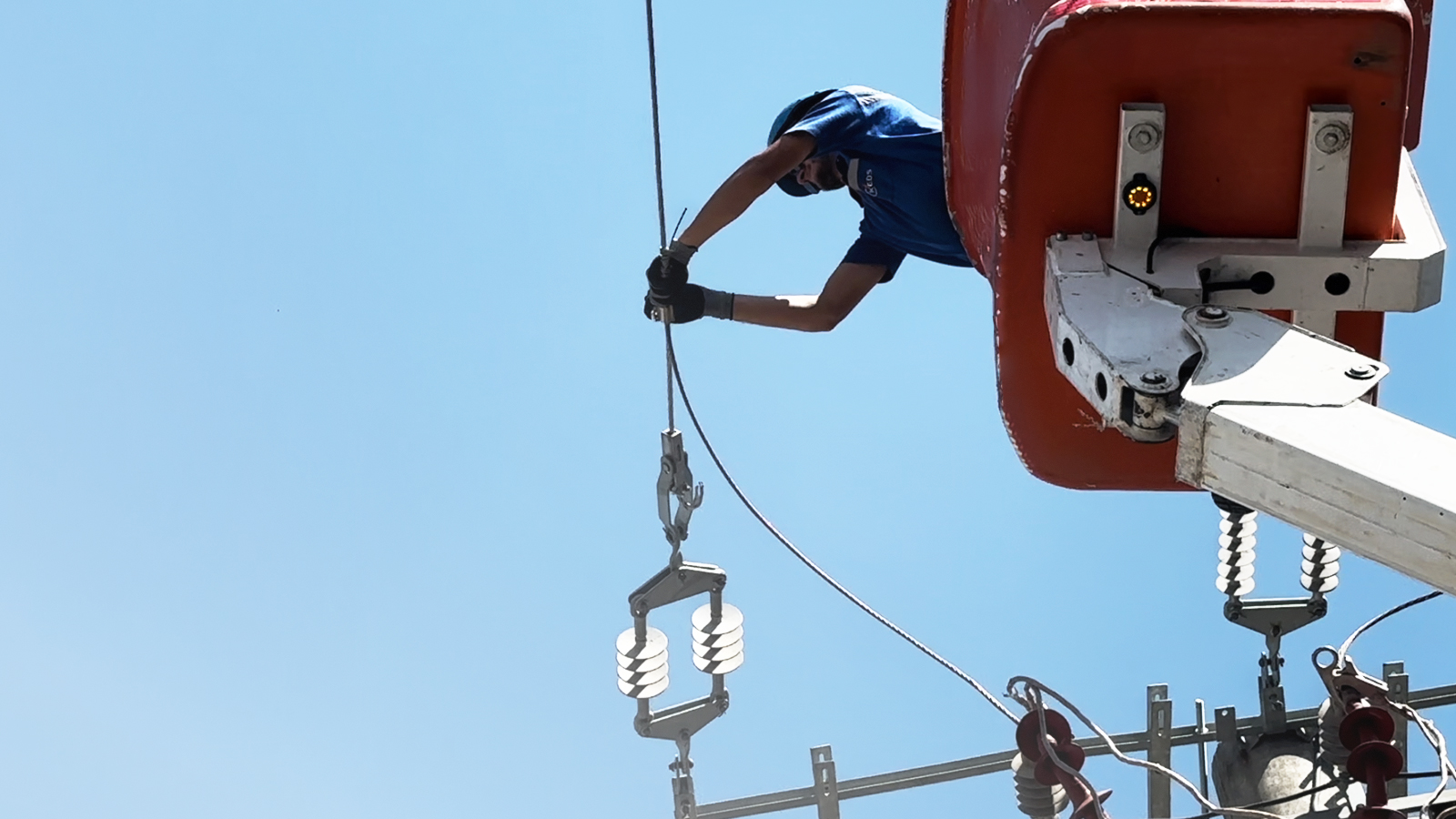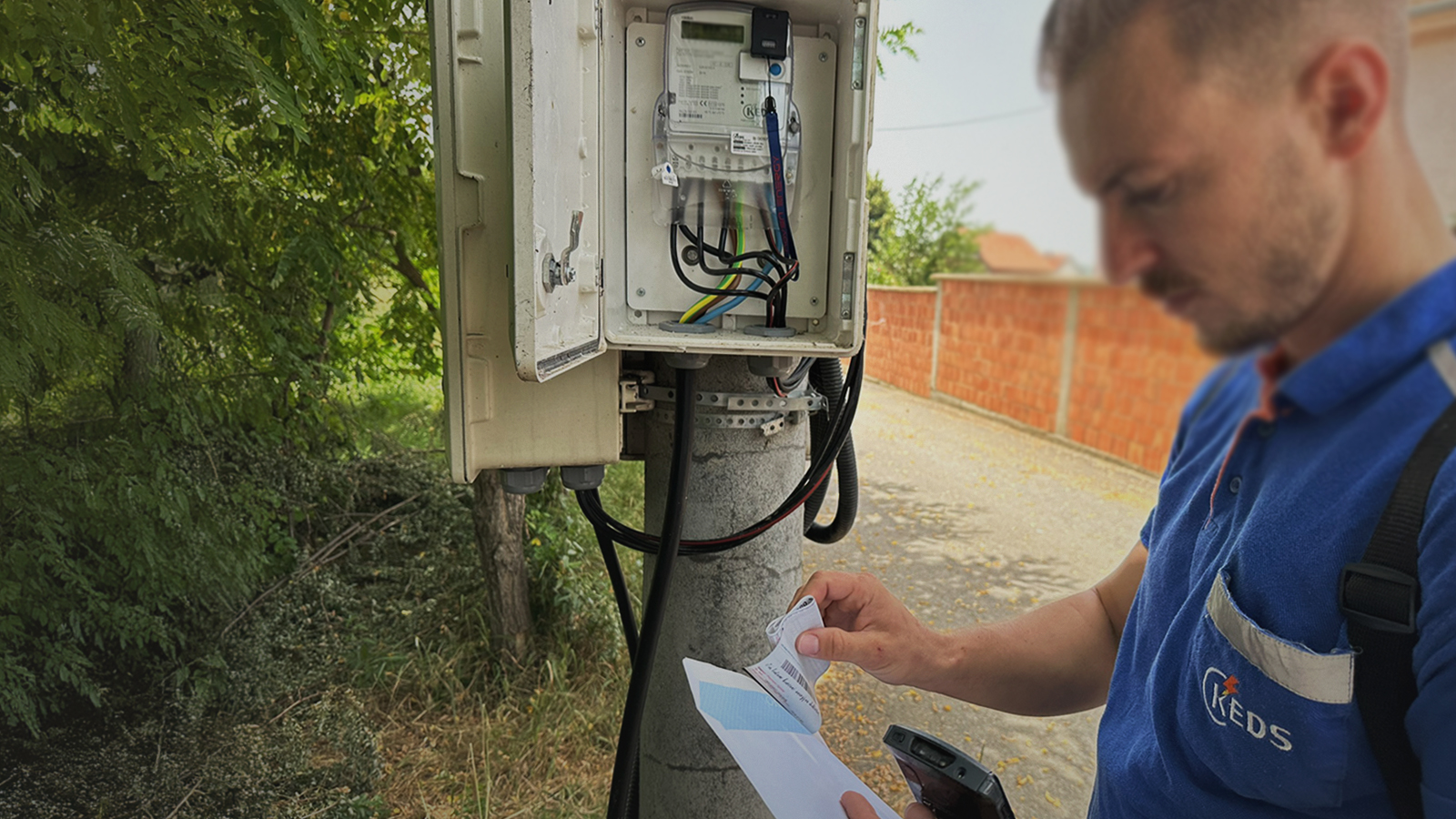 June 28, 2024
June 28, 2024
Challenges faced in the pilot project of placing bills in envelopes
KEDS/KESCO have recently launched a pilot project to place electricity bills in envelopes. This initiative targets a group of consumers to assess the feasibility of the project, and several obstacles have already been identified.
One major obstacle is the lack of mailboxes for consumers, making the bill submission process challenging. Additionally, the envelope method causes delays in the meter reading process, leading to increased costs.
Given these circumstances, the company is considering the alternative of sending invoices digitally, which is seen as a more efficient option. However, this shift can only occur when the relevant legislation comes into force.
Currently, KEDS reads invoices using handheld units, as it has always done. Carrying envelopes adds a significant burden to our employees, especially when reading a large number of meters daily.
As regulated companies, KEDS and KESCO strive to minimize costs for their customers. Compliance with legal requirements for invoice delivery requires collaboration among several institutions to find the most efficient and favorable solution for all parties, particularly the end consumer.
Ground-level obstacles necessitate the search for optimal alternatives, especially when these obstacles prevent a uniform system across the entire country. KEDS/KESCO serve over 700,000 customers throughout Kosovo, and the organization of postal deliveries and other related elements are not unique to everyone, nor do they create unique opportunities for action.
Nevertheless, KEDS/KESCO remains committed to building a strong partnership with customers, maintaining privacy in all forms of personal communication, and continually advancing all services, as they have done over their 11 years of operation in Kosovo.
